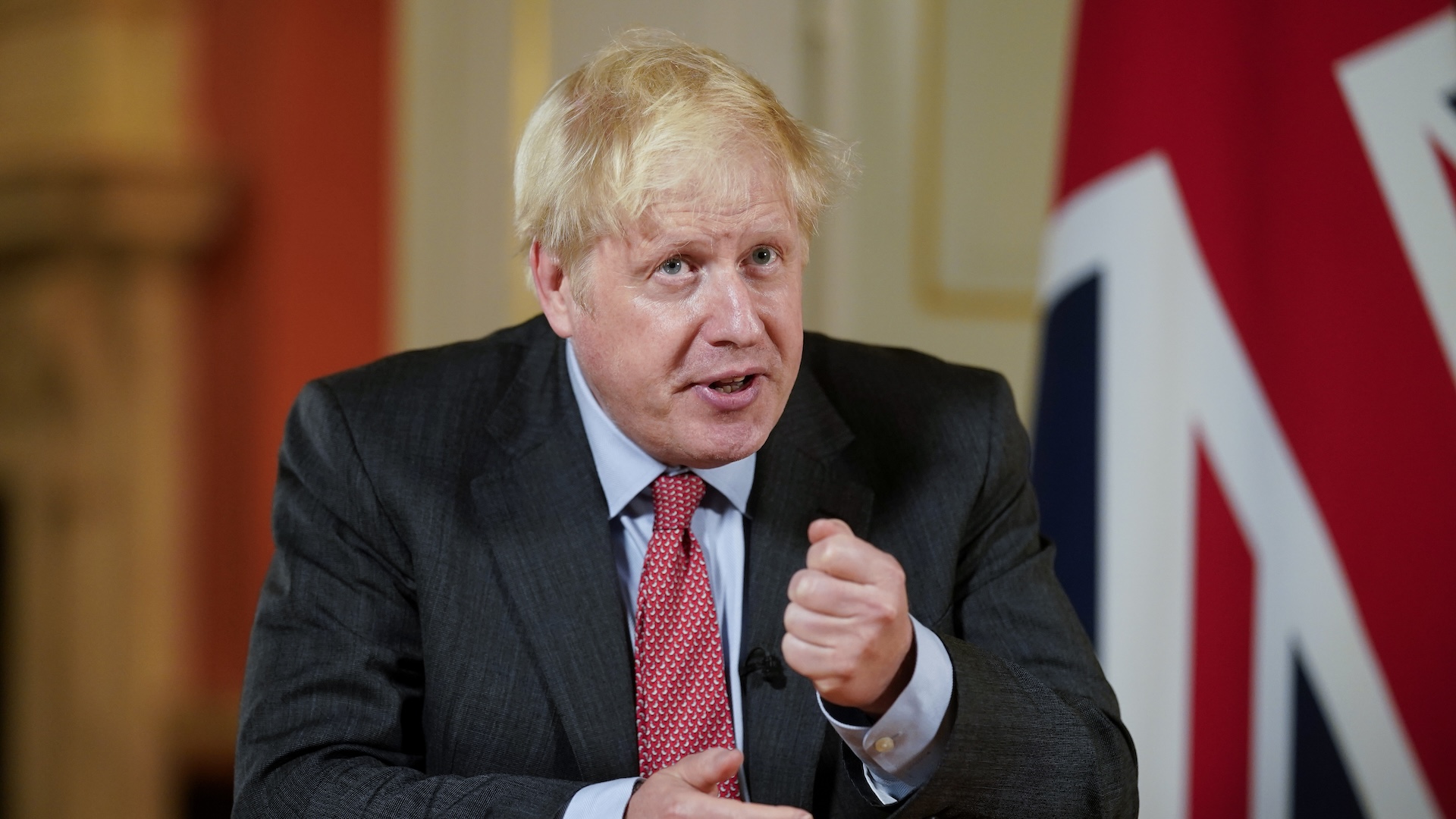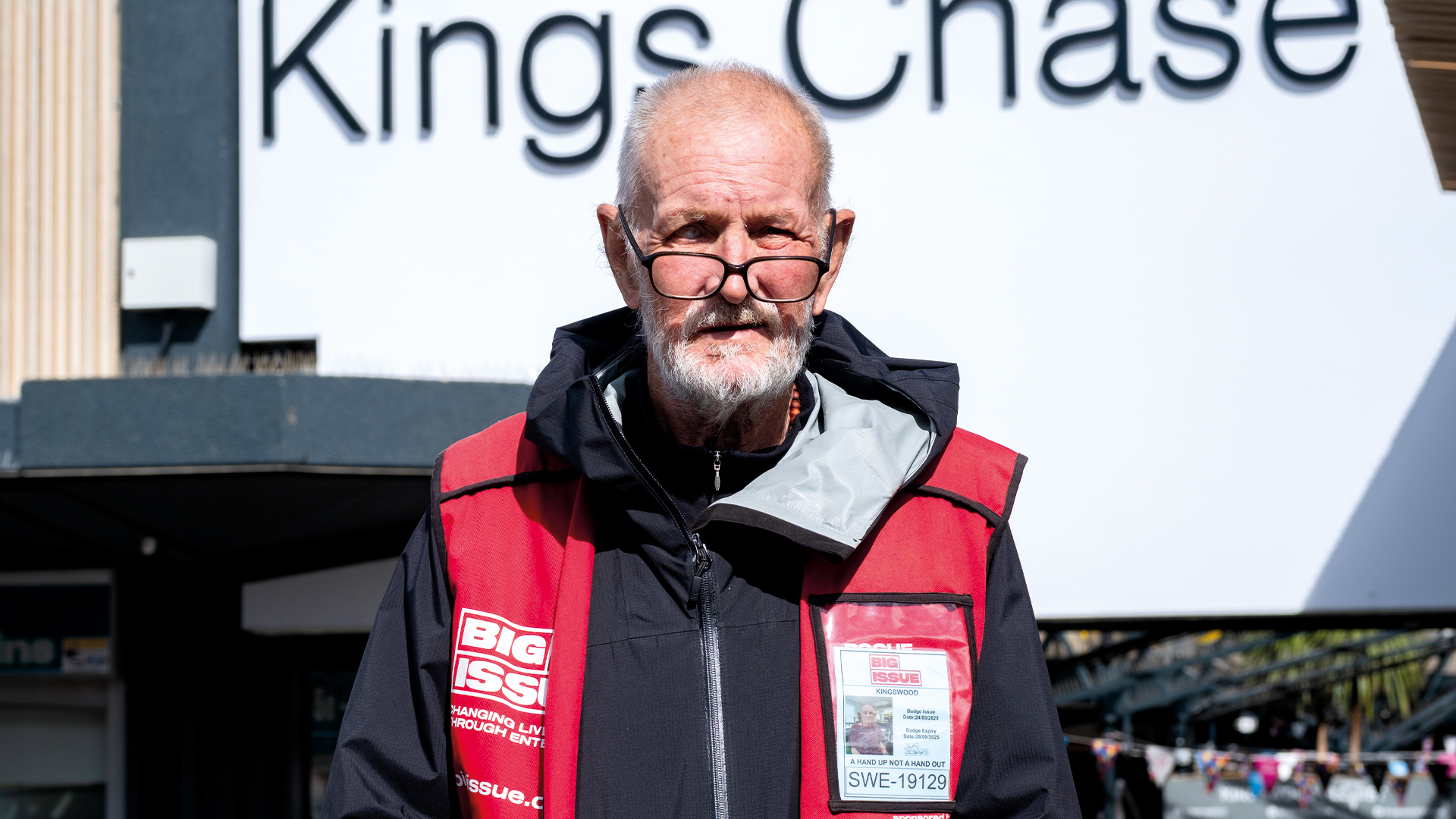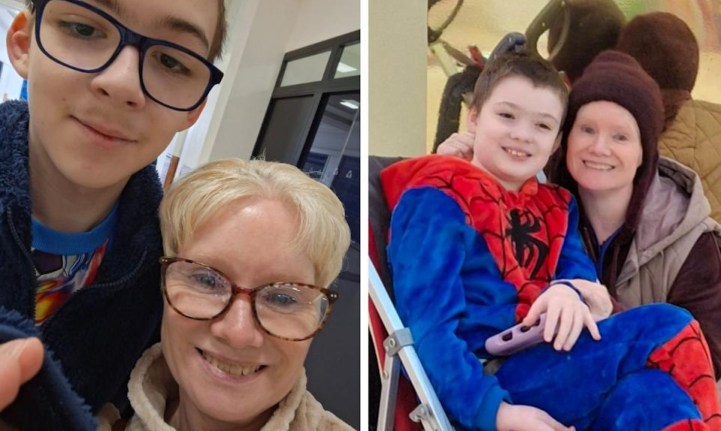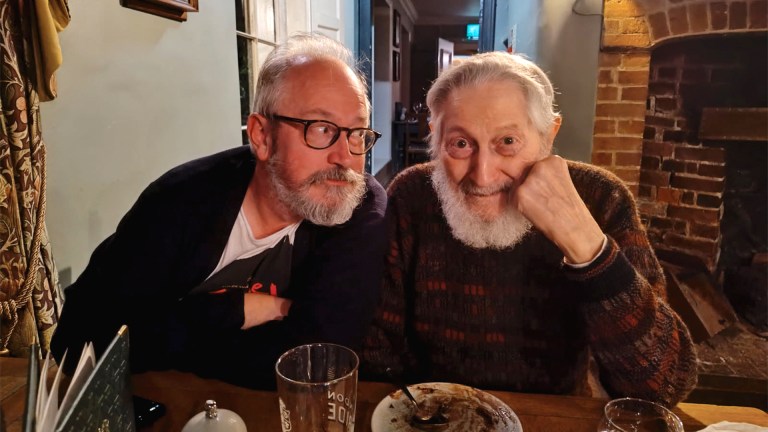It wasn’t until 21 May 2020, almost two months after the first lockdown, that disabled people were considered at a ministerial level. Despite information from Italy and Spain from April 2020 showing the outsized risk to learning disabled people, it wasn’t until November 2020 that Public Health England published a report considering it.
How did this happen? How could the government so utterly fail to consider a group that accounts for a quarter of the UK population? The answer from the inquiry is that they simply ignored advice when it was given and created a “culture in which the loudest voices prevailed and the views of other colleagues, particularly women, often went ignored, to the detriment of good decision making”.
Decisions were made by privileged men who flippantly disregarded other perspectives to devastating effect. Rishi Sunak, then chancellor of the exchequer, was advised to provide pay for people who were self isolating and would not otherwise be paid for their time. This included a large proportion of care home workers who are regularly employed on casual contracts.
He dismissed it, “skeptical that [financial provision] would make a difference to the levels of people self-isolating”. A total of 40% of Covid-19 deaths in the first wave were care home residents. The decision of a man whose wealth put him out-of-touch with the reality of working people, was part of the reason they were unnecessarily exposed to the virus and died.
So what do we do with this information? The inquiry has made several important recommendations to the government that if implemented would greatly benefit disabled people and the general public.
The recommendation that has captured the attention of many people fighting for social justice is the recommendation to bring into force the socio-economic duty of the Equality Act in England and Northern Ireland. The socio-economic duty would require any public body with a strategic function including government departments, local authorities and NHS bodies, to have regard “to reduce the inequalities of outcome which result from socio-economic disadvantage” in their strategy.
The socio-economic duty would allow citizens, for the first time, to hold the government accountable to strategic decisions that increase socio-economic inequalities. The result of that could be transformational not only for disabled people but for every marginalised group. We would have potential legal recourse every time they proposed policies like cuts to disability benefits or policing that disproportionately affects black people.
But here is the problem: inquiries cannot compel governments to act. If a government ignores the recommendations, all the inquiry can do is go public about the lack of action. But public shame only works if the public is paying attention.
I urge every person reading this to write to their MP to ask that they fight for the recommendations of the Covid inquiry be enacted. I urge every person reading this to write to their local newspapers if their MP ignores them or dismisses the recommendations. The fate of disabled people in the next public emergency is not inevitable. We can save lives if we fight for them.
Georgia Bondy is the Covid inquiry manager for Disability Rights UK.
Do you have a story to tell or opinions to share about this? Get in touch and tell us more.
Change a vendor’s life this Christmas.
Buy from your local Big Issue vendor every week – or support online with a vendor support kit or a subscription – and help people work their way out of poverty with dignity.





